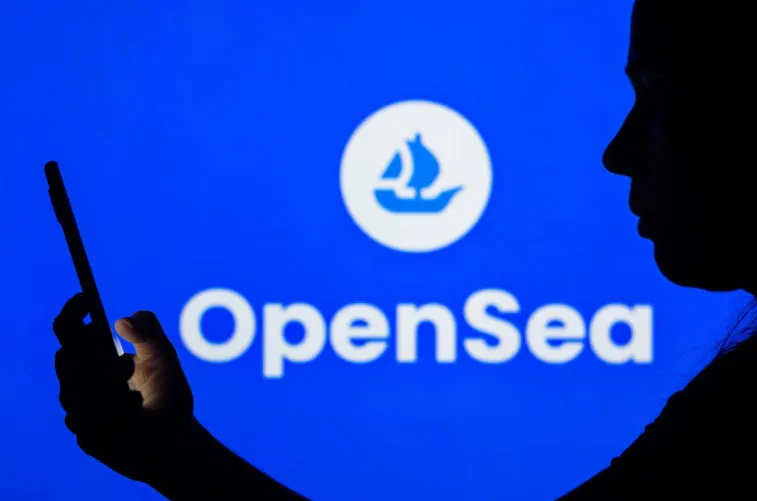Cuban NFT artists have been banned from OpenSea
In the largest market of non-fungible tokens, OpenSea, Cuban NFT artists were banned due to US sanctions. In total, 30 people fell under the sanctions, who lost access to the functions of the largest platform for non-fungible tokens.
The well-known creator of NFT tokens from Havana, Gabriel Bianchini, was also included in the list of those who received the ban.
After years of debate over whether or not to block access to these artists, the decision was made to ban OpenSea services for these NFT creators. This was told by a spokeswoman for OpenSea in an interview for Artnet News and commented on the need to comply with the restrictions imposed by the US government.
Not all enthusiasts of the cryptocurrency industry understood this decision. For example, Gabriel Bianchini, the banned NFT artist who founded Cryptocuban, said it was sad to see a future for web3 that couldn't be truly decentralized and tied to regions.
Another NFT token creator, Ernesto Cisneros, made the following comment:
In times of crisis, there is development work, and this absurd attitude makes us think of more decentralization to protect our interests. This is the primal spirit on which we must focus our attention.
Baruch College professor Ted Henken, in turn, said that Cuban artists suffered from their way of self-expression for nothing. Many of them could veiled support for the United States through their paintings, but the United States government now does not give them the opportunity to speak out and show paintings with interesting overtones to the whole world.
It is noteworthy that last year many Cuban NFT artists were left without their place on OpenSea. The latter, in turn, became one of the many online platforms that left Cuban artists without work.

Last year, Cubans were interviewed by TIME in which they talked about lost access to some cloud services, blogging platforms and other digital tools, including NFT platforms. The history of this US disapproval goes back more than 60 years when the United States imposed an economic embargo against Cuba.
In 2019, the Office of Foreign Assets Control of the Ministry of Finance decided to tighten sanctions against Cuba. Despite this, registration of a domain name, e-mail, etc. will not be considered a violation of the Cuban Asset Control Rules.
Due to the improvement of transparency in the crypto-currency sphere, sanctions against digital assets may be tightened. The US Securities and Exchange Exchange is actively fighting the cryptocurrency market and wants to make it as regulated as possible.
The situation with FTX especially influenced the distrust towards cryptocurrencies, which can also have certain consequences for the tightening of sanctions against Cuba.
In July, cryptocurrency exchange Binance was criticized for violating U.S. sanctions. The reason for this was their admission of Iranian traders to the cryptocurrency exchange. In October, US authorities fined Bittrex $24,000,000. The latter, according to regulators, made it possible for Iranian traders to circumvent US sanctions against certain countries in the Middle East, namely Syria and Iran, as well as Crimea (although the latter does not apply to the Middle East).

Comments